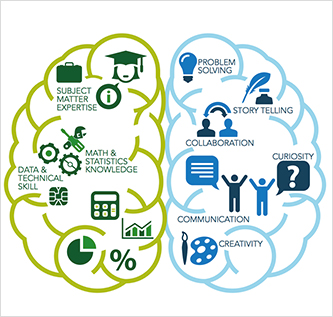Intellectual Capital
What is Intellectual Capital
Definition:
Intellectual capital refers to the intangible assets and knowledge-based resources that contribute to the value and competitive advantage of an organization. It encompasses the collective expertise, skills, innovation, patents, trademarks, copyrights, and proprietary information that drive the organization’s success and differentiation in the marketplace.
Analogy:
Think of intellectual capital as the secret recipe of a renowned chef. Just as a chef’s unique blend of ingredients and culinary techniques sets their dishes apart and attracts loyal customers, intellectual capital distinguishes organizations by leveraging unique knowledge, innovation, and expertise to create value and competitive advantage.
Further Description:
Intellectual capital is categorized into three main components:
- Human Capital: The knowledge, skills, experience, and expertise of employees, leaders, and stakeholders within the organization. Human capital drives innovation, creativity, and problem-solving capabilities.
- Structural Capital: The organizational infrastructure, systems, processes, patents, trademarks, databases, and intellectual property that support the creation, storage, and dissemination of knowledge and information within the organization.
- Relational Capital: The relationships, networks, partnerships, and collaborations that the organization maintains with customers, suppliers, stakeholders, and external entities. Relational capital enhances trust, reputation, and brand value.
Importance of Intellectual Capital:
Intellectual capital is a key driver of organizational growth, innovation, and sustainability. It enables organizations to:
- Foster a culture of innovation and continuous learning.
- Create unique value propositions and competitive differentiation.
- Enhance operational efficiency and productivity.
- Protect and leverage intellectual property rights.
- Build strong relationships and partnerships with stakeholders.
- Adapt to changing market dynamics and emerging opportunities.
Key Takeaways:
- Intellectual capital encompasses the intangible assets and knowledge-based resources that drive the value and competitive advantage of an organization.
- It includes human capital (employee knowledge and skills), structural capital (organizational infrastructure and intellectual property), and relational capital (relationships and partnerships).
- Intellectual capital fuels innovation, enhances organizational resilience, and fosters competitive differentiation in the marketplace.
- Organizations must invest in nurturing, protecting, and leveraging their intellectual capital to drive sustainable growth and success.





